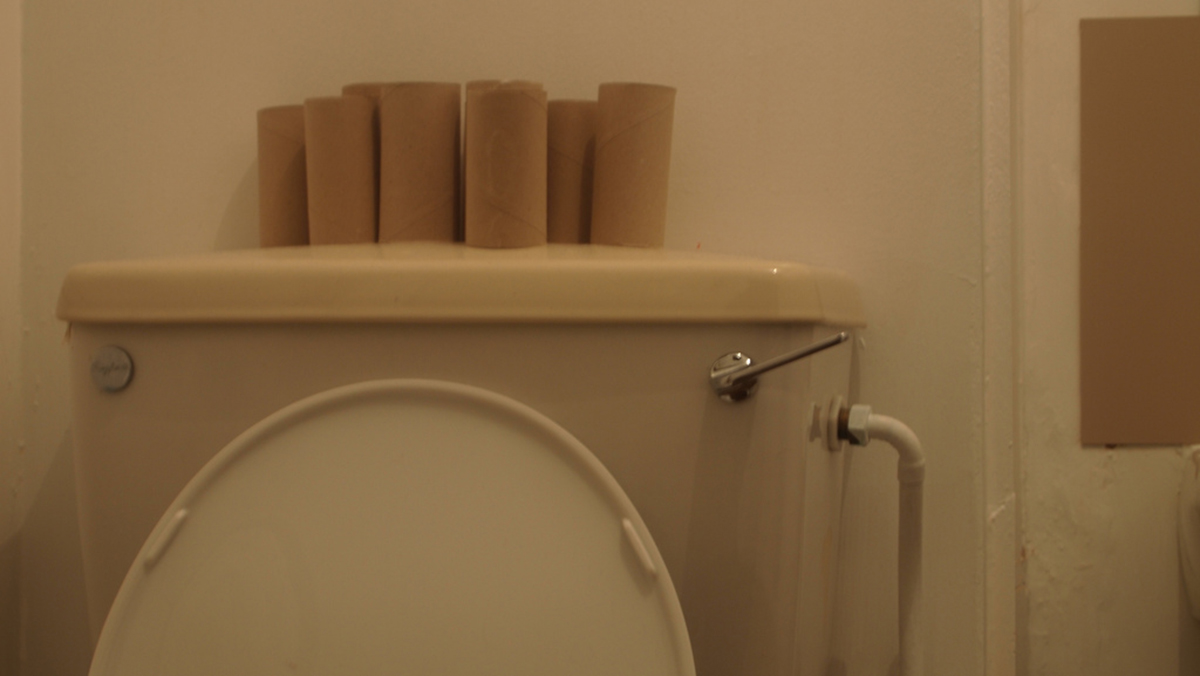Irritable Bowl Syndrome (IBS), which is also sometimes referred to as spastic colon is a functional digestive disorder that can cause much discomfort and even pain to its sufferers. IBS is not a disease or inflammatory state, and is generally diagnoses in the absence of a clinical disease of the bowel, like inflammatory bowel disease.

Classically, IBS presents with unexplained abdominal discomfort or pain and a change in bowel habits.
The causes of IBS are unclear but for the most part it is a stress related disorder, causing spasms in the colon. Often, IBS is also associated with food allergies and Candida but these are not diagnostic criteria and are often absent in IBS. The symptoms of IBS are very closely related to what and how we eat, so diet is paramount in managing symptoms. In addition stress management, especially around meal times is also very important in ensuring the best possible outcomes and less discomfort. There is no ideal diet for IBS as everyone is different in terms of symptom presentation and the ability to tolerate certain foods.
Diet And IBS
Fiber
Fiber is one of the most important dietary aspects to consider in IBS as it plays a key role in bowel functionality and regularity. However, the type of fiber is important and depends on symptoms and presentation. The two main types of fiber are soluble and insoluble fiber and are important to understand what these fibers do in relation to IBS symptoms.
Soluble fiber attracts water to help form a gel in the system, which slows down digestion. They are therefore more useful in helping to treat the symptoms of diarrhoea. Sources include oats, oat bran, legumes like lentils and peas, apples, oranges, pears, strawberries, nuts, flaxseeds, beans, dried peas, carrots, cucumbers, psyllium seed husk and ispaghula husk.
Insoluble fibers help to decrease the time food spends in the digestive system and therefore have more of a laxative effect and are used to treat constipation. Sources include whole grains like brown rice and whole-wheat, wheat bran, corn bran, nuts and seeds, zucchini, celery, broccoli, cabbage, onions, tomatoes, carrots, cucumbers, green beans, dark leafy vegetables, fruit, and vegetable skins.
Depending on the presenting symptoms, you can choose from these fibers accordingly. However, one needs to be careful when adding fiber to the diet.
See Also: Five Fibs About Fiber
Roughage is that part of food that is not digested and remains hard and lumpy throughout the small and large intestine. Examples include the husks of beans and lentils, pips and skins of fruits. Other foods to avoid include coconut flakes, popcorn, whole corn, aubergine, cucumber seeds and skin, green leafy vegetables, berries with pips. For greens flat leave baby spinach, butter lettuce and rocket should be fine to eat, but it depends on the individual.
Avoid Eating Gas Forming Vegetables When You Have IBS
Depending on the level of gas and bloating present, certain foods should be avoided, as they tend to cause more gas. These include:

- Raw peppers, especially green
- Raw onion
- Broccoli
- Cauliflower
- Cabbage
- Brussel Sprouts
Starchy vegetables like carrots, butternut, pumpkin and potato are less gas forming.
Increase Fluid Intake
An increase in fiber intake must always be accompanies by an increase in water intake.
Caffeine is considered an irritant to the digestive system and can worsen symptoms of IBS, especially cramps. Sugar and fizzy drinks are also discouraged in IBS, as the gas can cause bloating and the sugar can cause unhealthy bacteria and yeasts to flourish in the digestive system.
Connection With Allergies And Intolerances
Some people with IBS might have specific allergies and intolerances, which can either be diagnosed through a laboratory or by an elimination and reintroduction process. Common culprits include wheat, gluten, dairy, corn, nuts and seeds and soya products.
Supplements And IBS
Gut Flora
One of the characteristic features of IBS os often the presence of disturbed gut microflora. We all have billions of bacteria in our colons, some bad and some good. When the bad bacteria are allowed to overgrow, this can worsen symptoms of IBS and also enhance Candida growth. There are two ways of improving our bacterial flora and allowing more good bacteria to flourish. One is to supplement with probiotics and the other is to eat foods that help their growth naturally.
There are many probiotic supplements on the market, and they are generally chosen dependant on the presenting symptoms. For example some strains are more effective in treating Candida and constipation, while other strands are more effective in treating loose stools and pain.
In the diet, special dietary components called fructo-oligosacharides (FOS) and inulin can help to build up the gut flora to a healthy balance. FOS and inulin are found naturally in many vegetable sources like artichoke, burdock, chicory, onions, leeks and asparagus but are widely distributed in many fruits and vegetables. These substances, also knows as pre-biotics, are often found together with some probiotic supplements.
Fiber Supplements
Sometimes, IBS sufferers will add a fiber supplement to the diet instead of trying to get all fiber from dietary sources. Insoluble fiber is usually bought in the form on wheat bran. What allergic people will sometimes buy it as rice bran or quinoa bran. Insoluble fiber supplements include psyllium seed husk and ispaghula husk.
Other Supplements
See Also: Inflammatory Bowel Disease (IBD)
Other supplements that help with IBS symptoms, include:
- Aloe Vera (helps reduce intestinal inflammation and relives constipation)
- Flax seed oil with lignans (helps to maintain a normal stool and is useful for both constipation and diarrhoea)
- L-glutamine (this amino acid can help heal digestive cells, especially when inflammation is present)
- Edible peppermint oil (helps to relive gas in the system)
- Camomile (helps to relive cramps)
- Photo courtesy of SAM DA PLANT by Flickr: www.flickr.com/photos/anuschmidt/6472999053
- Photo courtesy of Gagilas by Flickr: www.flickr.com/photos/gagilas/9878481954

